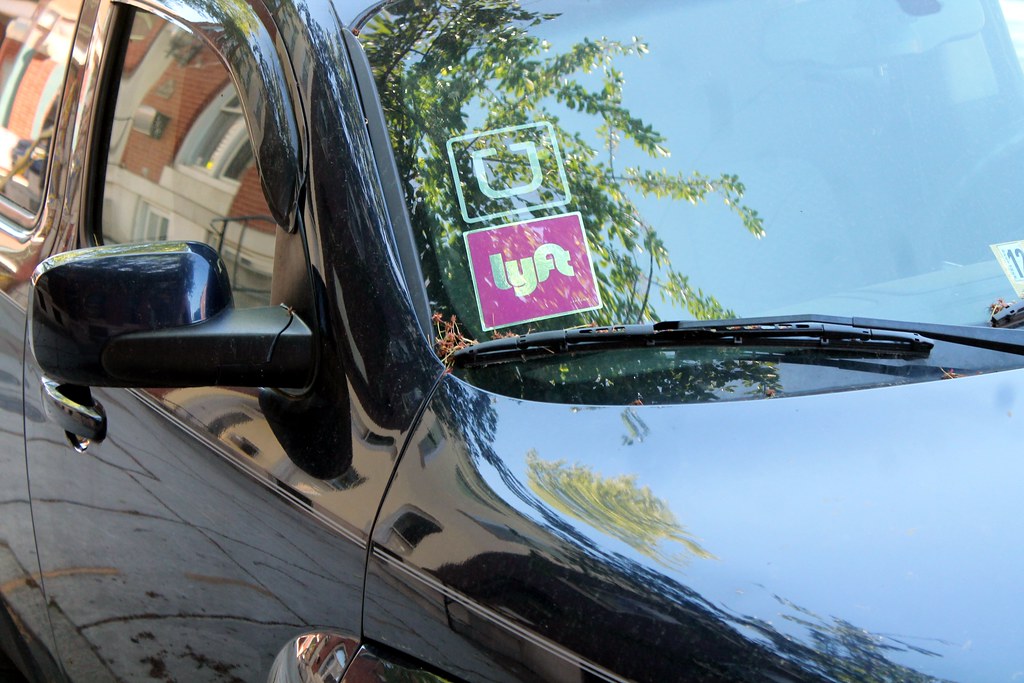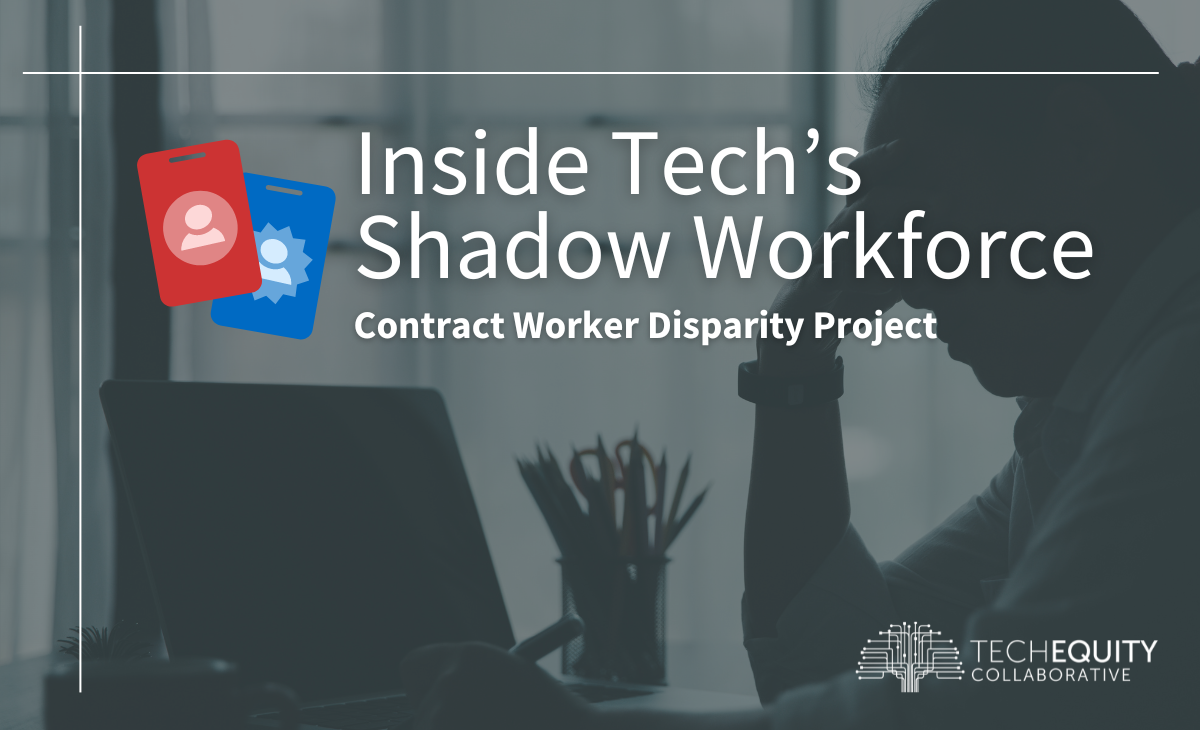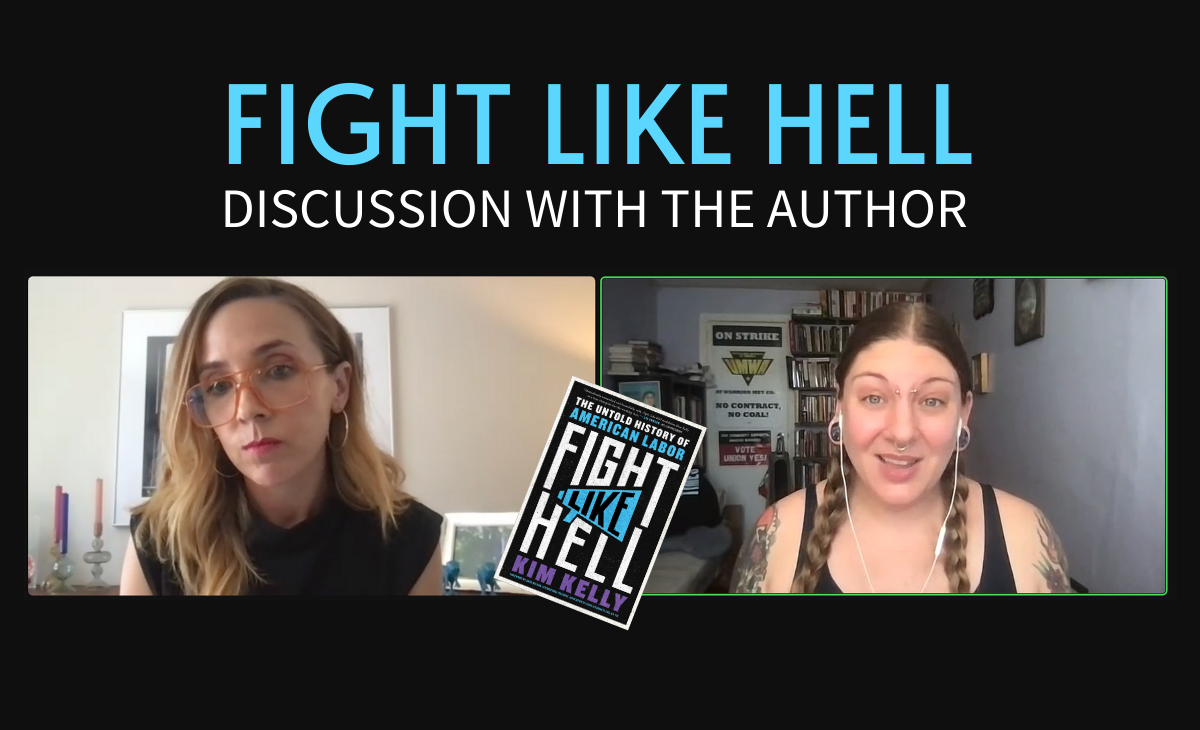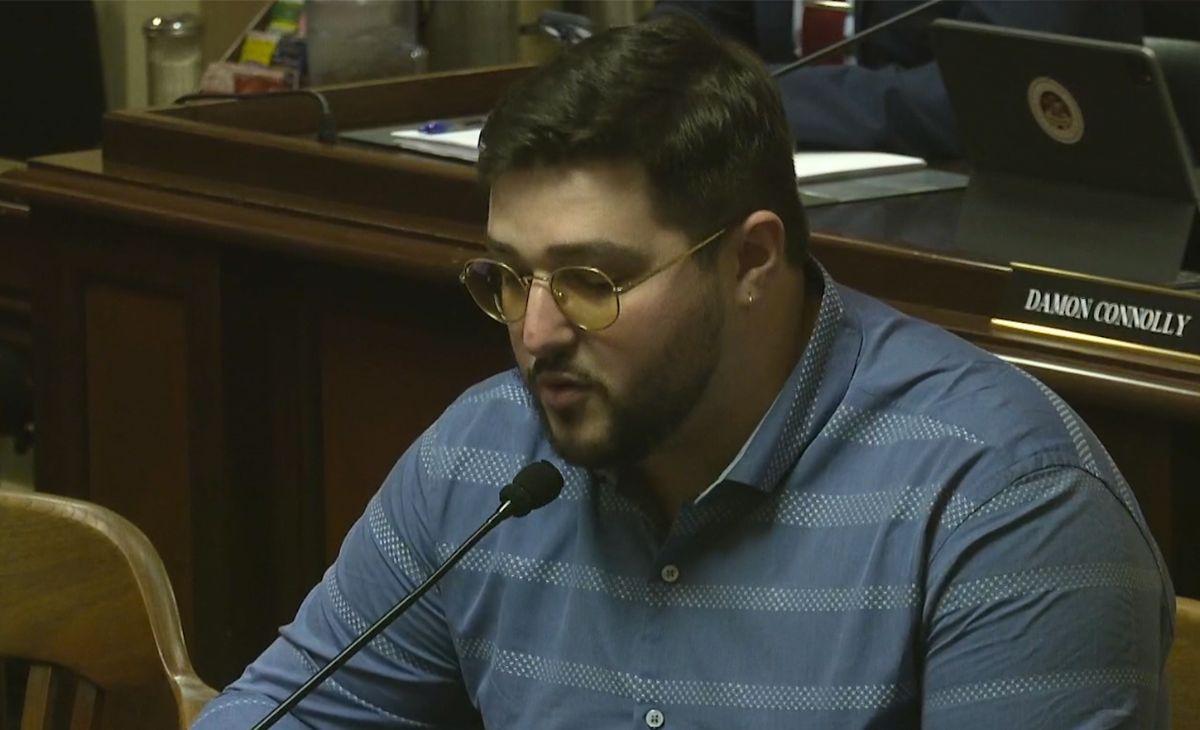Prop 22: What You Need to Know

Election Day is just around the corner. While the presidential race is drawing the most attention, ballot measures and candidates in local and state races have the potential to drastically reshape our communities, amidst and after the COVID-19 pandemic.
That’s why we’ve launched this blog series, to break down the key issues on the statewide and local ballots.
Check out our elections page for articles on the other statewide and local measures.
What is Proposition 22?
Proposition 22, written by Uber, Lyft, DoorDash, Postmates (a corporate partner of TechEquity), and Instacart, carves out an exemption from recently-passed state law AB 5. That law requires companies to pass a strict test (which we’ll explain in the next section) when classifying workers as independent contractors. Based on initial court rulings in lawsuits brought by a number of public officials, the app-based ride hailing and delivery companies do not pass that test when classifying drivers as independent contractors and are in violation of AB 5. Prop 22 would legalize the companies’ current practice of classifying drivers as independent contractors, preventing them from access to the benefits and protections that employment status offers. Prop 22 does mandate certain pay, reimbursement, and benefit standards for drivers, but there are loopholes in these standards which erode their value. Drivers would lose access to benefits like overtime pay, paid sick leave, personal protective equipment during the pandemic, and standard unemployment benefits that they would receive as employees.
The issue with driver pay and benefit centers on what is counted as paid time. Prop 22 codifies the concept of “engaged time,” which the measure defines as the time between accepting a passenger or delivery on the app and dropping off the passenger or delivery. The time between rides or deliveries doesn’t count as engaged time, so drivers won’t be paid, reimbursed for mileage, or accrue benefits between rides even though they are still providing their availability to the companies. So while the measure guarantees drivers 120% of the minimum wage, 30 cents per mile for expenses, and a health insurance stipend to drivers with enough hours, that engaged time definition means the guarantee is worth as little as $5.64 per hour according to the UC Berkeley Center for Labor Research and Education.
If Prop 22 passes, the state legislature will need a 7/8ths majority to amend the measure, which is an exceedingly high threshold especially given the contentious debate over AB 5. The proposition also prevents local governments from enacting stricter regulations on the companies.
The measure requires the companies to enact sexual harassment policies, conduct criminal background checks on drivers, and hold safety trainings.
Prop 22 needs a 50% plus one vote majority to pass.
Why does it matter?
The fight over employee versus independent contractor status for drivers has been raging for years. It picked up steam in 2018, after the Dynamex case when the California Supreme Court ruled that the “ABC test” determines a worker’s classification. The ABC test says that a worker shall be classified as an employee unless they are A) free from the control of the hiring entity while doing the work; B) doing work that is outside of the hiring entity’s primary type of business; and C) has their own business. Last year, the state legislature codified that ruling by passing AB 5 after a summer of heated debate and negotiations. AB 5 has been criticized by many workers across a variety of industries from trucking to screenwriting, many of which have been exempted from the law. However, exemptions for app-based workers were not carved out despite intense negotiations between the companies and labor advocates. After AB 5 passed, Uber and Lyft announced plans to sponsor the ballot measure that is now Prop 22.
While most of the policy debate has focused on the classification of drivers, there is a bigger question about whether workers benefit from the app-based economy. This question has seemingly pitted job quality against worker flexibility. Advocates for job quality (and proponents of AB 5) view employment as a key that unlocks a suite of benefits and protections for employees including minimum wage, paid sick leave, expense reimbursement, workers’ compensation, health insurance for full-time workers, and the right to organize a union. Employers also have a different set of legal obligations to their employees, such as safety standards and contributions to unemployment insurance programs. To labor advocates, these material gains are the way that workers share in the success of the app-based economy. Flexibility proponents tend to emphasize that the apps create benefits by changing the way drivers work. In this view, independent contractor status is essential to preserving the freedom to work when most convenient and continuing to allow drivers to set their own schedules.
However, these goals do not need to be in tension with each other. It is possible to create a version of the app-based economy where workers are able to share in the material success of the sector while still enjoying the flexibility enabled by these new platforms. New York City, for example, struck a balance between these goals. In that system, workers remain independent contractors, but have a pay guarantee that actually delivers drivers a $15 wage after expenses, and includes paid time off. The New York City deal also ensures that companies bear the cost of time between rides This system also preserves the flexibility that allows drivers considerable freedom to plan their own schedules.
Solutions like New York’s which deliver benefits to drivers and maintain flexibility are possible because the main issue in the classification debate isn’t the trade-off between those goals, but rather who bears the risk of operating a transportation business. In an employment-based system, the companies bear the financial risk of a slow day and vehicle expenses, while under an independent contractor model the drivers have to shoulder the risk. As employees, drivers would be paid even on a day with lower than expected demand and get fully reimbursed for gas and the wear and tear on their cars, but as independent contractors they would earn little income and expenses would come out of their own pocket. So the question becomes: who should have to carry this risk, an individual driver with a limited financial cushion or multi-billion dollar companies with access to global capital markets?
Who supports Proposition 22 and what’s their argument?
Supporters of Prop 22 argue that maintaining independent contractor status is necessary to preserve flexibility and work for drivers and supply of rides for users. The companies claim that converting drivers to employees would raise their costs, which in turn would require them to raise prices for consumers by 25%-111% with more sparsely populated areas seeing the largest price increases. As a result of the higher prices, the companies argue that the number of rides would fall by 23%-59%. By their calculations, the decline in rides would require the companies to eliminate 79% of current drivers. They also claim that employee status would make it likely that drivers would have to conform to a standard 40-hour work week. The companies also point to the pay standard, expense reimbursement, and health insurance stipend as well as the background checks and safety training as reasons to back the measure.
Uber, Lyft, DoorDash, Postmates, and Instacart are the main supporters of Prop 22. The measure’s endorsers include the California Chamber of Commerce, Bay Area Council, and San Francisco Chamber of Commerce. A full list of endorsements is available here.
As of publication, the supporters have raised about $183 million. The top 3 funders in support of Prop 22 are Lyft, Uber, and DoorDash. The latest contribution data can be found here.
Who opposes Proposition 22 and what’s their argument?
Opponents of Prop 22 argue that the measure locks in lower pay and substandard benefits for drivers and prevents them from organizing a union. They believe that driver pay is likely to be below minimum wage, the health insurance stipend is inadequate to purchase quality coverage, and the workers’ compensation granted by the measure is less than drivers would receive as employees. The opponents claim that drivers will also have to go without paid sick leave and unemployment benefits. According to the opposition, these companies have been violating the law by calling drivers independent contractors (a position supported by the California Attorney General and court rulings), and this ballot measure is an attempt to buy their way out of their legal problems and continue exploiting workers for their own profit.
Labor unions are the main opponents of Prop 22. The measure’s opposition includes Democratic Presidential Candidate Joe Biden, Democratic Vice Presidential Candidate Kamala Harris, U.S. Senator Elizabeth Warren, State Senators Nancy Skinner and Scott Weiner, Assemblymembers Rob Bonta, David Chiu, Ash Kalra, and Buffy Wicks, the California Labor Federation, Western Center on Law and Poverty, and Working Partnerships USA. A full list of opponents is available here.
As of publication, the opposition has raised about $8 million. The top 3 funders in opposition to Prop 22 are the Teamsters Union, Service Employees International Union (SEIU), and the United Food and Commercial Workers Union Local 770. The latest contribution data can be found here.
TechEquity votes no on Proposition 22
We oppose Prop 22 because it would weaken driver pay, benefits, and protections compared to what they would receive under current law. AB 5, as courts have recently found, almost certainly makes drivers employees and eligible to receive minimum wage and a host of other employment benefits. While employee status alone is not enough to guarantee a good job, Prop 22 would hinder job quality for these workers. And when we consider the question of who should bear the risk of operating these companies, there is no question in our mind that it should be the large investor-backed corporations and not the drivers who are just trying to make ends meet.
Our position on Prop 22, however, does not mean we are against innovations that utilize technology to change the way people work. We agree with the app-based gig companies that there is value in making it easy for anyone to pick up extra shifts when they want and earn more for themselves and their families—so long as it doesn’t come at the expense of workers overall. Ideally, we would have a social safety net and regulations that allow for innovation, flexibility, and value to consumers while ensuring that workers are protected and empowered.
Unfortunately, our current economic system is far from that ideal. Right now, there is an extreme power asymmetry between workers and corporations, due to the suppression of workers’ voices and a lack of a sufficient safety net. When companies exploit that dynamic to emphasize their short-term profits instead of long-term equitable growth, restrictive one-size-fits-all laws like AB 5 are necessary to ensure that flexible work arrangements aren’t used to undermine traditional employment. We believe if app-based gig companies feel constrained by AB 5, a better use of their efforts would be to fight for structural changes that will make our economy more just instead of focusing solely on what’s best for their bottom lines. An equitable tech-driven economy must provide long-term prosperity for all, not just the companies’ shareholders.
There is also the issue of the precedent that Prop 22 would set. From the very beginning, the app-based gig business model depended on being able to skirt, bend, and sometimes outright break existing laws and regulations. As these companies raised billions of dollars in venture capital, they and their investors made a bet that they could break the law and get away with it, because eventually they’d be too big to fail. Through sheer size and a little unfair competition, they would be able to dominate the market and bend regulators and public opinion to their will. They are beginning to lose that bet, in large part because of a “move fast and break things” mentality that eroded trust. Regulators and legislators are now pushing back against the companies’ behavior through laws like AB 5. It would be wrong to allow the companies to override public will by spending massive amounts of money on a ballot measure and signal to other industries that they too can buy their way out of burdensome regulation.
We say vote no on Prop 22.





